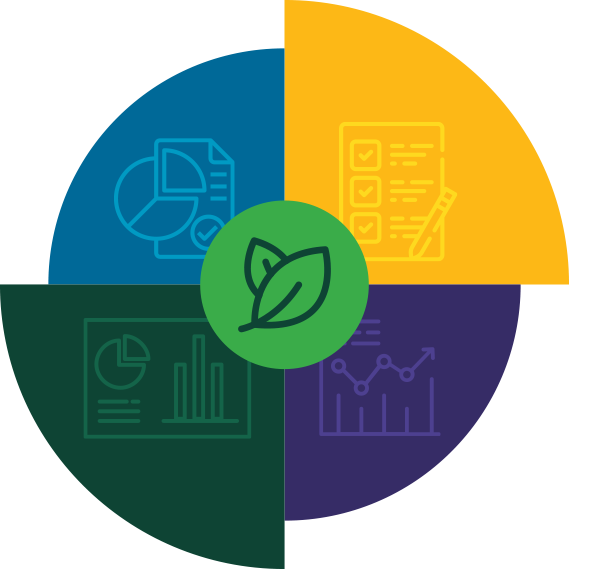Striving for a Greener Future Through Responsible Practices and Innovation

Wasco’s commitment to practicing environmental sustainability is a journey.
Our environmental policy and practices are aligned with international, national and local environmental laws and legislations. They include strategies that follow international best practices that prevent pollution, minimise waste and conserve natural resources wherever we operate.


